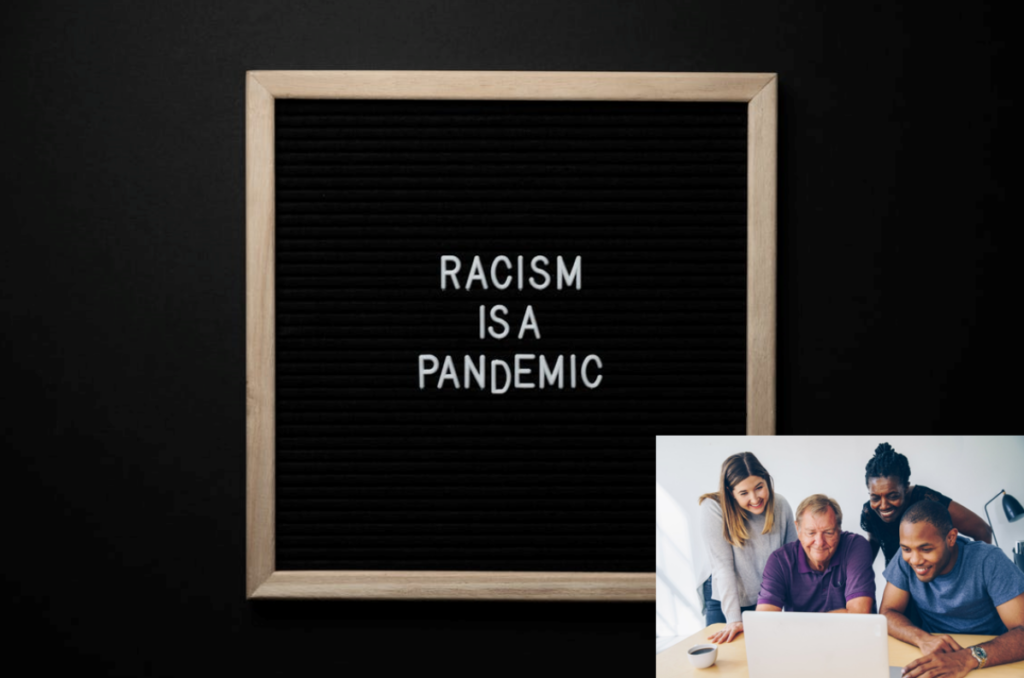Photos: Brett Sayles on Pexels and (insert) Nicole De Khors on Burst
This area of the site was written for very experienced trust fundraisers.


Photos: Brett Sayles on Pexels and (insert) Nicole De Khors on Burst
This area of the site was written for very experienced trust fundraisers.
How trust fundraisers work internally varies a lot more than how we approach trusts. Some people, most likely those in small organisations where everyone is sitting in the same room, will read the following web pages and wonder what on earth all the fuss is about. A lot of the following will be of very little interest. On the other hand, there are people I have mentored, especially in very large charities, who urgently needed to hear some of the ideas that follow.
High expectations are vital. You can let these slip over time and people tend to under-estimate the likelihood that someone they approach for assistance will actually agree to help (Flynn, F.J. & Lake V.K.B. (2008) The researchers believed that the reason is that people tend to focus on the cost of the task but under-estimate the effect of embarrassment, awkwardness, etc of saying “no”.)
Professor of Influence, Robert Cialdini recommends that if you can see services as allies rather than as people causing you problems, they’ll like you more and so you’ll get more from them. I’m sure it’s a mistake to sit in your corner grumbling about them – in my experience, the people who do have seemed, for whatever reason, to be those who get the least far.
If you tell a man that you can discern that he is good, he’ll be more likely to be good in order to align his actions with your favorable perception (Goldstein et al, Yes! 2017). You get on better with people you like. Try to reflect on what he or she does well. Look until you find something admirable and you’ll like the individual more easily. (Goldstein et al, ibid., 2017)
Focus on what unites rather than what divides you. Adam Grant of Wharton Business School suggests you focus on uncommon things you have in common. An interesting university experiment shows the effect with football fans: when Manchester United-supporting students were encouraged to think like Manchester United fans, being asked what they liked about their team, they were only half as likely to help a jogger in apparent distress who had on a Liverpool shirt (the big rival team) as when they had been interviewed about what they liked about being a football fan…
Studies have found that, whilst people knew the likes and dislikes of friends better than those of strangers, they actually knew the likes and dislikes of people they had known for two years BETTER than those of people they had known for ten years. This suggests that, for most people, their motivation to learn about others drops off and they can actually start to lose track of them. So, it’s good to keep trying to build those understandings.